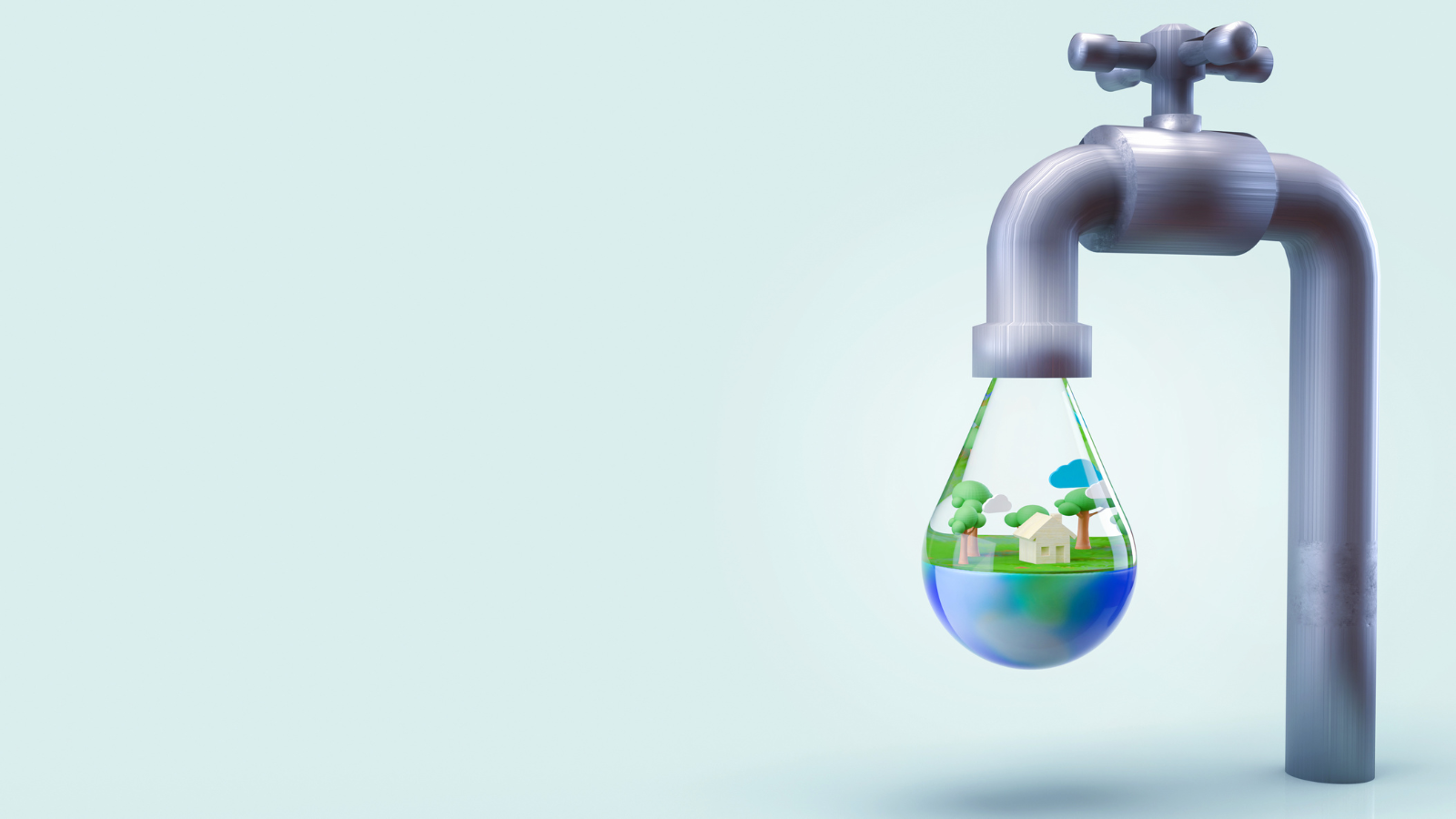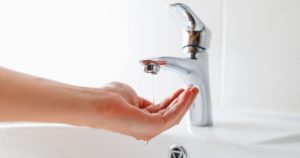It is essential for all homeowners to save water. Simple changes you make both inside and outside your house may help save water, lower your energy bills, and save the environment.
Key Takeaways:
- Water conservation in the home can save money and protect vital resources.
- Easy adjustments, including plugging holes and using water-efficient appliances, can make a big difference.
- Outdoor water use, such as irrigation, can be optimized to reduce waste.
How can homeowners conserve water?
Fixing leaks, upgrading to water-efficient appliances, using aerators, watering their lawns more effectively, and installing rain barrels for outdoor use are all ways people may conserve water. These little modifications maintain comfort and convenience while significantly reducing water waste.
At Plumbing Clifton, our goal is to ensure your home stays warm and your boiler runs efficiently. Trust us for top-notch boiler service—reach out today and let’s build a lasting relationship!
What is Water Conservation for Homeowners?
Water conservation is making intelligent use of water to avoid unnecessary waste. For homes, this means creating eco-friendly habits and routines that cut down on water use both indoors and outside. These efforts are vital for reducing the overall demand on local water supplies and protecting ecosystems and ensuring a stable water supply for future generations.
Inside the home, water conservation can include upgrading to water-efficient appliances, fixing leaks, and adjusting personal habits like reducing shower time or turning off the faucet while brushing teeth. Outdoors, it means optimizing lawn irrigation, planting drought-resistant vegetation, and using collected rainwater for garden upkeep.
How Can You Conserve Water in Your Home?
There are many ways homeowners can conserve water without compromising comfort or convenience. One effective method is to install water-saving devices like low-flow showerheads, faucets, and toilets. These fixtures reduce water usage while maintaining water pressure.
Additionally, fixing leaks promptly prevents significant water loss over time. Outside the home, mindful irrigation practices, such as Early in the morning or late at night, watering your garden can reduce evaporation and maximize efficiency.
Examples of Water Conservation for Homeowners
1. Fix Leaky Faucets: A single dripping faucet can waste gallons of water daily. Fixing leaks quickly is one of the easiest ways to save water.
2. Upgrade to Energy-Efficient Appliances: Replacing older appliances with water-efficient models, like washing machines and dishwashers, can significantly reduce water consumption.
3. Use a Rain Barrel: Collecting rainwater for irrigation reduces the need for tap water to hydrate your lawn and garden.
4. Shorten Shower Times: Even a few minutes less spent in the shower can save gallons of water each day.
Water Conservation Tips for Homeowners
Install Aerators on Faucets: Faucet aerators mix air with water, reducing flow without affecting performance.
Use Native Plants in Landscaping: Native plants require less water and are better suited to local climates, reducing the need for excessive irrigation.
Turn Off the Tap While Brushing: Closing the faucet when using a toothbrush or washing dishes can save several gallons of water per day.
Check Your Water Meter for Leaks: If your water meter changes when no water is being used, you likely have a leak that needs attention.
Water Efficiently: To avoid evaporation, water your grass in the early morning or late at night use a sprinkler timer to avoid overwatering.
Conclusion
Water conservation doesn’t have to be difficult. With small changes, homeowners can make a substantial impact on both their water usage and utility bills. By adopting water-efficient habits and investing in modern, efficient fixtures and appliances, you can do your part to conserve this valuable resource. Not only will these efforts save you money, but they also contribute to a more sustainable future for our planet.




